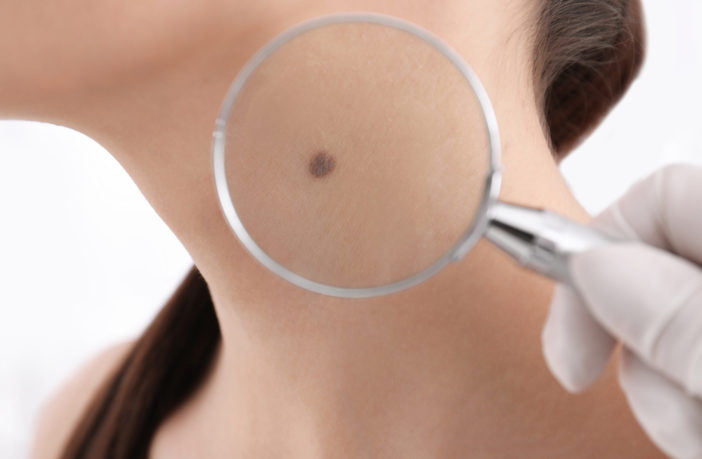A new study by an international team of researchers, including academics from The Open University and Harvard University, has had its findings published in the journal Cell. They have presented the discovery of a new mechanism that can darken the colour of human skin as a natural defence against ultraviolet (UV)-associated cancers.
Melanin, the dark pigment present in our skin, acts as a natural umbrella against the harmful UV-rays that our skin receives as part of sunlight. Therefore, people with fair skin in the UK and Europe have a higher risk of developing skin cancers, which are one of the most common forms of cancers here.
Preventing UV-associated cancers by altering skin pigmentation
The researchers’ work centres around a gene called NNT (nicotinamide nucleotide transhydrogenase). This gene plays a vital role in the production process of melanin in our skin. Their work showed that, by applying chemicals that inhibit the work of NNT, they could increase skin darkness by producing more melanin. Importantly, this did not require complicated interventions such as taking medication or gene therapy – a topical application of the chemical on the skin was sufficient to induce tanning.

Dr Kaustubh Adhikari
Dr Kaustubh Adhikari, a Lecturer in Statistics in the Faculty of Science, Technology, Engineering & Mathematics at The Open University, said:
“As we’ve recently noticed, climate change is increasing the number of hot summer days in the UK and Europe, and it further increases the risk of skin cancers among light-skinned people. So it is now even more urgent to conduct research on ways of prevention.”
David Fisher, senior and co-corresponding author of the paper and chief of the Department of Dermatology at Harvard-affiliated Massachusetts General Hospital, said:
“Skin pigmentation and its regulation are critically important because pigments confer major protection against UV-related cancers of the skin, which are the most common malignancies found in humans. Darker-pigmented individuals are better protected from cancer-causing UV radiation by the light-scattering and antioxidant properties of melanin, while people with the fairest and lightest skin are at highest risk of developing skin cancers.”
Elisabeth Roider, one of the lead authors of the study, also from Massachusetts General Hospital, said:
“We’re excited by the discovery of this mechanism because it could pave the way in the future for a simpler new approach to skin darkening and skin cancer protection by targeting NNT.”
The researchers emphasized that further studies on efficacy and safety of this intervention will be needed to achieve the overarching goal of offering effective new options for skin cancer prevention strategies and pigmentary disorder treatments.



